U.S. carriers kill off their RCS based Cross Carrier Messaging Initiative
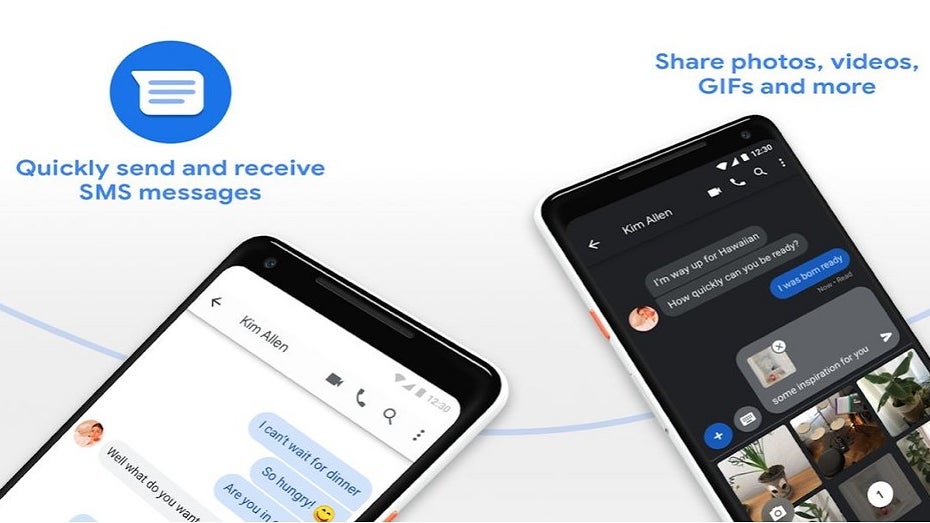
Back in October 2019, when Google started pushing out Rich Communication Service (RCS) to enhance the messaging experience for Android users, the four U.S. carriers around at the time got together to create the "Cross Carrier Messaging Initiative (CCMI)". The goal was for all four stateside wireless providers to use RCS allowing their subscribers to benefit from some of the improved features. Unlike old school messaging, which runs over a carrier's cellular network, RCS uses the data network.
U.S. carriers kill off their Cross Carrier Messaging Initiative (CCMI).
As a result, RCS can be used over Wi-Fi with messages as long as 8,000 characters being sent and received versus the older limit of 160 characters. In addition, with RCS, users receive a read receipt to confirm that their message was received. Larger-sized video and photo files can be exchanged using RCS.
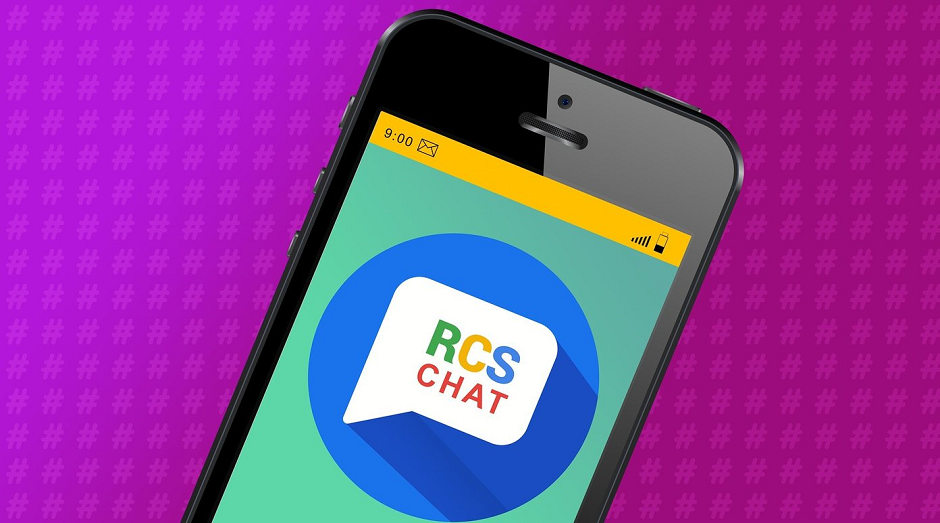
Verizon, T-Mobile, and AT&T drop the CCMI
With CCMI, all four carriers planned to create a consumer-to-business ecosystem that would allow people to chat with their favorite brands without having to switch apps. Users would be able to order a rideshare, schedule appointments, pay bills and more using an RCS system that would work across carriers in the U.S. and globally. By November 2019, the members of the CCMI chose Synchronoss Technologies to "deliver an advanced mobile messaging experience across all four mobile networks."
But according to Light Reading (via AndroidPolice), T-Mobile, AT&T and Verizon have killed off CCMI. Despite this, Synchronoss told Light Reading that it still is moving ahead with the CCMI and looks forward to bringing RCS to U.S. wireless users.Verizon said to Light Reading that "The owners of the Cross Carrier Messaging Initiative decided to end the joint venture effort. However, the owners remain committed to enhancing the messaging experience for customers including growing the availability of RCS."
T-Mobile stated, "We're committed to delivering RCS interoperability and are working with other providers to make it happen. T-Mobile customers with Android devices can currently enjoy RCS messaging across our network as well as with many other customers worldwide by interoperating with Google."
Analyst Lynnette Luna of GlobalData says that "RCS is really important to Google," but there is a "chicken and egg problem" related to Apple. The latter does not support RCS because of its own Messages app, and Apple has half of the U.S. smartphone market. Still, there is a reason why Google continues to push RCS in the U.S. and that is because the company hopes to make money by pushing business to consumer ads.
In Japan, such ads attract the attention of consumers. According to Synchronoss, in Japan 85% of RCS messages are opened while 60% are clicked on. Compare that to the 0.001% that click on mobile banner ads and you can understand why Google has high hopes for RCS as a business platform.
American telecom firm Mavenir is a software company based in the U.S. and the top three mobile network operators in the states (Verizon, T-Mobile and AT&T) use Mavenir's software in their technology. Guillaume Le Mener, head of RCS at Mavenir, told Light Reading in a statement that "The leading U.S. MNOs have either completed or are in the process to complete RCS interconnection among themselves, as well as connection with the rest of the world's RCS users. New announcements on RCS availability from the different MNOs are expected, demonstrating that RCS is a reality and continues to grow."
Global Data's Luna says that RCS could get a boost from 5G use since that would require the carriers to install gear that makes RCS interoperability easier to implement. Still, Luna doesn't see the U.S. carriers making a big RCS push in the states even though Verizon, T-Mobile and AT&T are working to expand their 5G services in the country.
Follow us on Google News




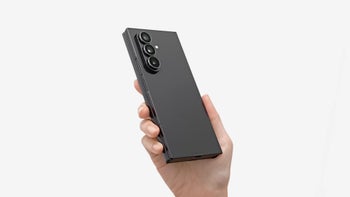
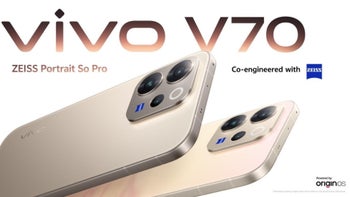

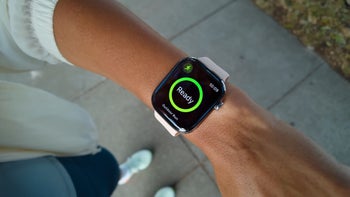
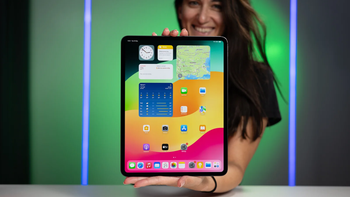
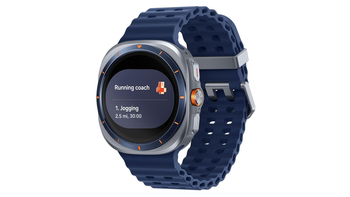



Things that are NOT allowed:
To help keep our community safe and free from spam, we apply temporary limits to newly created accounts: